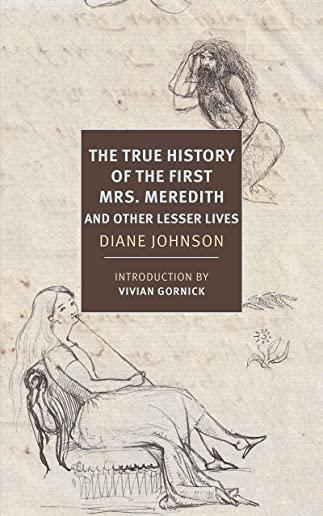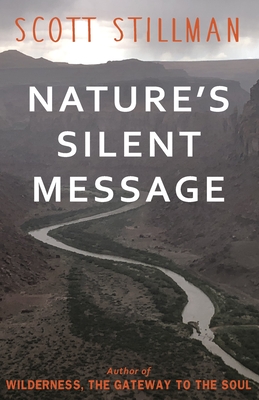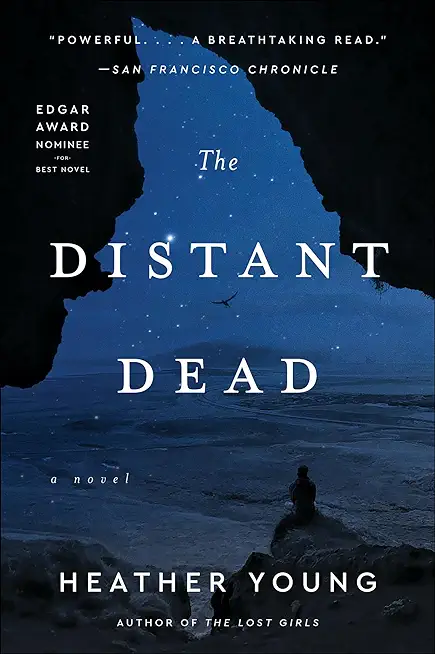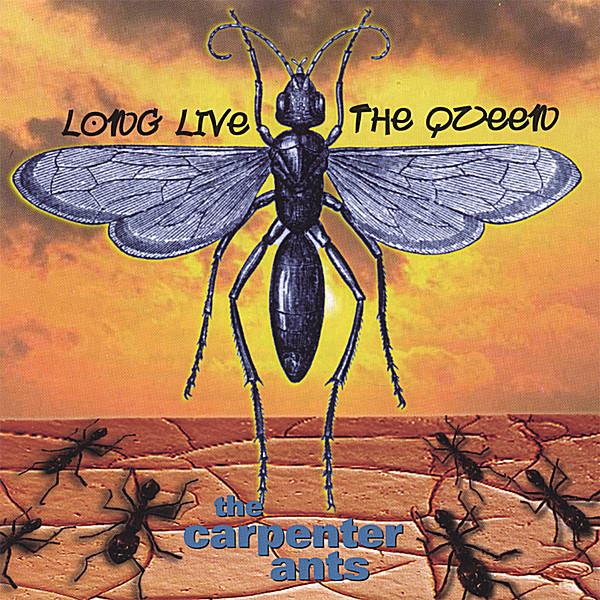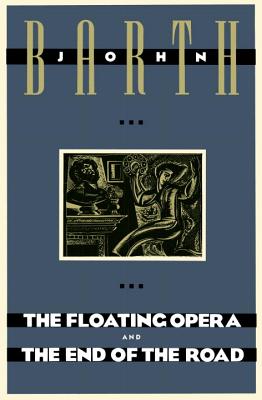
description
Award-nominated Lost in the Funhouse - John Barth's first two novels are both existential comedies featuring strange, consuming love triangles and the destructive effects of an overactive intellect on the emotions. "[Barth] ran riot over literary rules and conventions, even as he displayed, with meticulous discipline, mastery of and respect for them." --The New York Times The relationship between these two darkly comic novels is evident not only in their ribald and philosophical subject matter but in their eccentric characters and bitterly humorous tone. The protagonist of The Floating Opera is Todd Andrews, an orphaned war veteran who has been sleeping with his friend's wife. Todd awakens in the morning determined to commit suicide, having concluded that nothing in life has intrinsic value--but then spends the day methodically reasoning his way into disregarding that fact and remaining a part of the floating opera of life. In The End of the Road, a man named Jacob Horner finds himself literally paralyzed by an inability to choose a course of action from all possibilities. He begins an unconventional course of "mythotherapy" treatment at the Remobilization Farm, but his eccentric doctor's directives lead him into a tragic love triangle and from there to the nihilistic end of the road. Separately these two novels give two very different views of the universal human quest for meaning, and together they form the beginnings of an illustrious literary career.
member goods
No member items were found under this heading.
listens & views
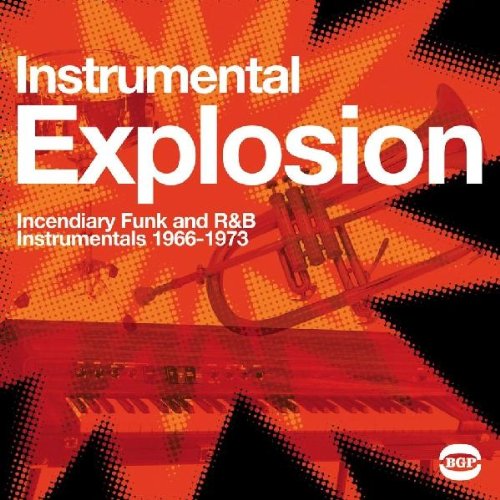
INSTRUMENTAL EXPLOSION FUNK R&B 1966-73 ...
by INSTRUMENTAL EXPLOSION FUNK RANDB 1966-73 / VARIOUS
VINYL LPout of stock
$20.99
Return Policy
All sales are final
Shipping
No special shipping considerations available.
Shipping fees determined at checkout.

